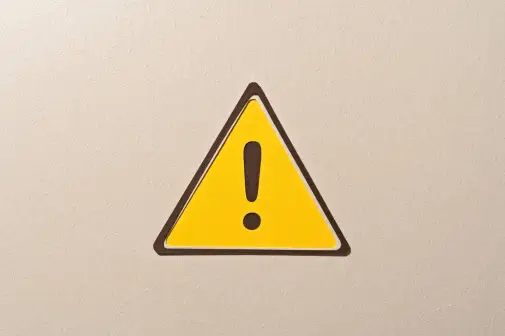FCC must upgrade Wireless Emergency Alert system, public safety organizations say

The nation’s Wireless Emergency Alert system (WEA) needs improvements that are long overdue, according to a coalition of public safety organizations that is pushing for action by the Federal Communications Commission on the issue.
In a letter to FCC Chairman Ajit Pai and the other commissioners, six leaders of regional and national public safety organizations are urging the government to add new functionality they say would have been useful during several large-scale emergencies in 2017.
Activated in 2012 following enactment of the Warning, Alert and Response Network (WARN) Act, WEA messages are sent to mobile phones in the event of an important message from the president; of “imminent threats to safety or life,” according to the FCC; or for Amber Alerts notifying of abducted children.
“2017 was a year of missed opportunities for WEA use: Hurricanes Harvey, Irma and Maria; the California Wildfires; the Las Vegas Shootings,” a spokesperson for the Harris County, Texas, Office of Homeland Security & Emergency Management wrote StateScoop in an email.
The new functionality requested by the groups includes device-based geotargeting that would allow for more precise selection of who receives messages.
“Without the ability to geo-target our alert originators will continue to use WEA sparingly or not at all. This is a shame. An effective WEA can literally mean the difference between life and death,” the letter reads.
The groups are also calling for multimedia alerts, which would allow the system to send, for instance, photos of abducted children instead of only text descriptions. Also on the group’s list is multilingual messaging and “many-to-one” feedback functionality, which would allow users to respond to polling questions during emergencies that would enable emergency responders to “quickly aggregate disaster impact information and more efficiently deploy scarce resources.”
The groups have asked the FCC to require that these upgrades are implemented no later than May 2019, lest future wildfires, hurricanes and other disasters needlessly claim more lives.
Organizations whose leaders signed the letter include:
- City of Seattle Office of Emergency Management
- Big City Emergency Managers
- U.S. Council of the International Association of Emergency Managers
- National Emergency Management Association
- National Emergency Number Association
- The United States Conference of Mayors






